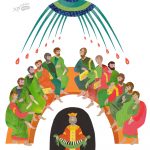
o you feel something's missing as you brave the supermarket aisles?
Maybe you're suffering from secular disenchantment.
Charles Taylor in A Secular Age (2007) says,
Some people feel a terrible flatness in the everyday, and this experience has been identified particularly with commercial, industrial, or consumer society. They feel the emptiness of the repeated, accelerating cycle of desire and fulfillment in consumer culture; the cardboard quality of bright supermarkets, or neat row housing in a clean suburb. (p. 309)
So many of our interactions seem merely transactional. It's easy to feel alone in a crowd.
Technology, too, can stop us forming abiding relationships. Many young people are socialised on Snapchat, Instagram, or Facebook. Rarely do we tell the old stories, or tell ourselves - over time, and in the presence of others.
Is ours a social poverty?
. ♠ . ♣ . ♠ . ♣ . ♠ . ♣ . ♠ .
And could our poverty be imaginative, too?
In 1954, the philosopher Martin Heidegger predicted that human beings would become caught in the logic of the machine—maximum output in the minimum time. The old storied and poetic world, he said, would be 'enframed'; that is, functionalised, and turned to profit and production. Our consciousness would grow narrow, even as we 'exalt ourselves as Lords of the earth.' (The Question concerning Technology (1977)).
Truly we have become builders, not contemplatives. We have so little time to wonder, to tell stories, to reflect, to play games, to create art, or to read books. In fact we seem to be suffering from a strange cultural amnesia.
Heidegger, for his part, believed our salvation would come with a reemergence of creativity (poesis). In art of all kinds, we can still glimpse the future in hope; history is still open to us. Our hearts can still be a crucible of vision!
Or as the prophet Joel has it:
In those days, I will pour out my spirit upon all flesh; and your sons and your daughters shall prophesy, your old men shall dream dreams, your young men shall see visions. (Joel 2)
Contemplation can still be at the heart of our lives!
. ♠ . ♣ . ♠ . ♣ . ♠ . ♣ . ♠ .
Therefore, amid the "tick-tock" of secular time, we keep sacred time. The Sunday rest renews us socially and imaginatively. We come to retrieve our humanity.
We resist the culture of "total work" and the secular success story, cultivating instead the spirit of festival. The philosopher Josef Pieper says in Leisure, the Basis of Culture (1952) that
In leisure, one celebrates the end of work by allowing one's inner eye to dwell for a while upon the reality of the creation. Look and affirm: it is good. Now the highest form of affirmation is the festival; among its characteristics, Karl Kerényi tells us, is “the union of tranquility, contemplation, and intensity of life.” To hold a celebration means to affirm the basic meaningfulness of the universe and a sense of oneness with it, of inclusion within it. In celebrating, in [feasting], one experiences the world in an aspect other than the everyday. The festival is the origin of leisure, and the inward and ever-present meaning of leisure. (p.48)
The praise of God, he says, is festival in its most intense form (p.65)
Now is the time to be counter-cultural.
Even in the secular city, we can know the joy of festival.
As we break bread, we can know sharing and friendship across every division.
In art and story, we can clear a place for God’s appearing.
As we sing and recite the sacred words, we can wonder at the divine Presence.
And sitting under the trees or “those tender and poetic stars” we can know that we are part of the earth: truly we have hearts of flesh.
In a time of disenchantment, church is a great way to reconnect. For all the failings of the institution, we still aspire to be a home for humanity.
Behold, I make all things new! (Rev. 21:5)
Our tradition is Anglican, but we welcome you whatever your background.
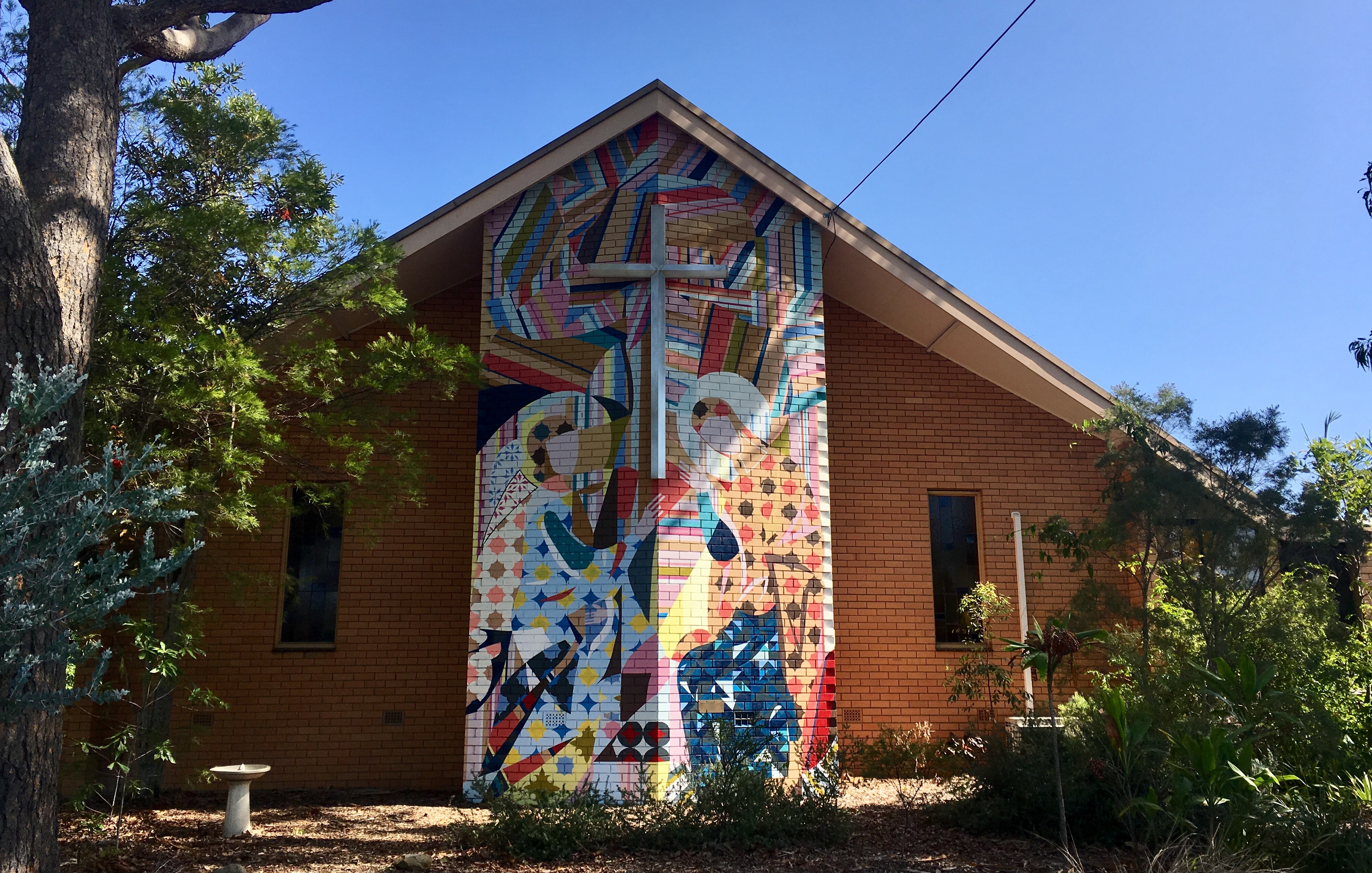
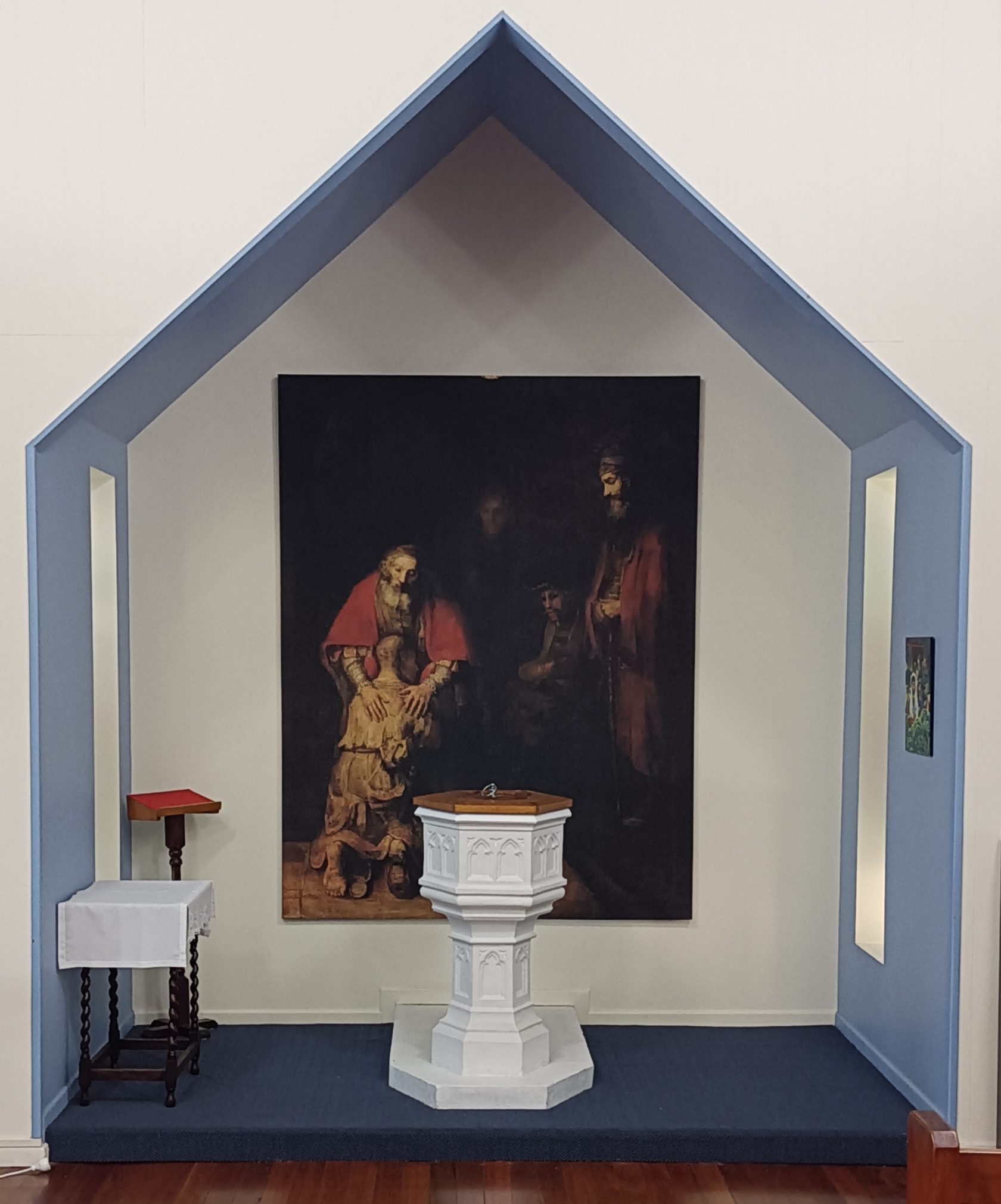
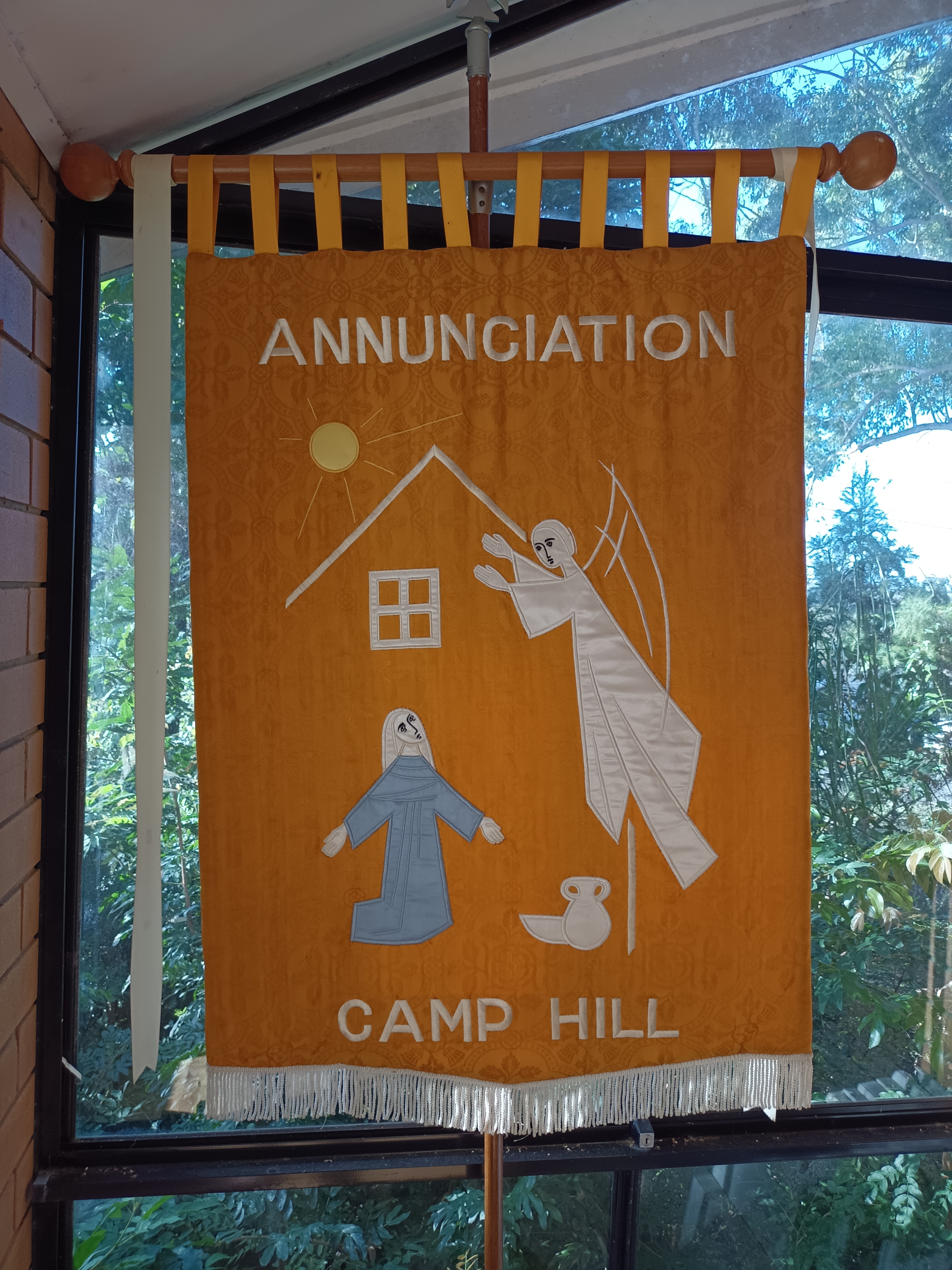
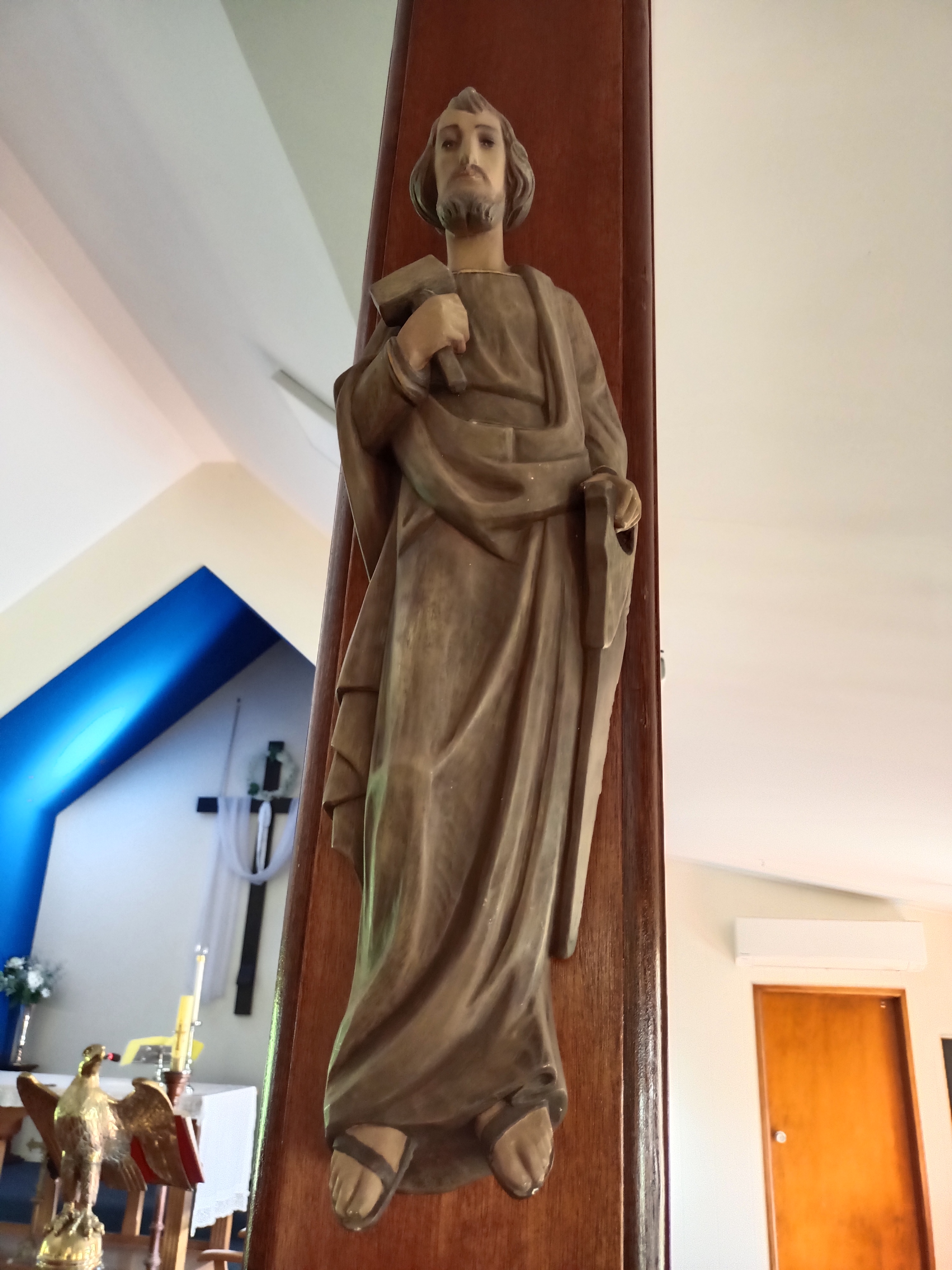
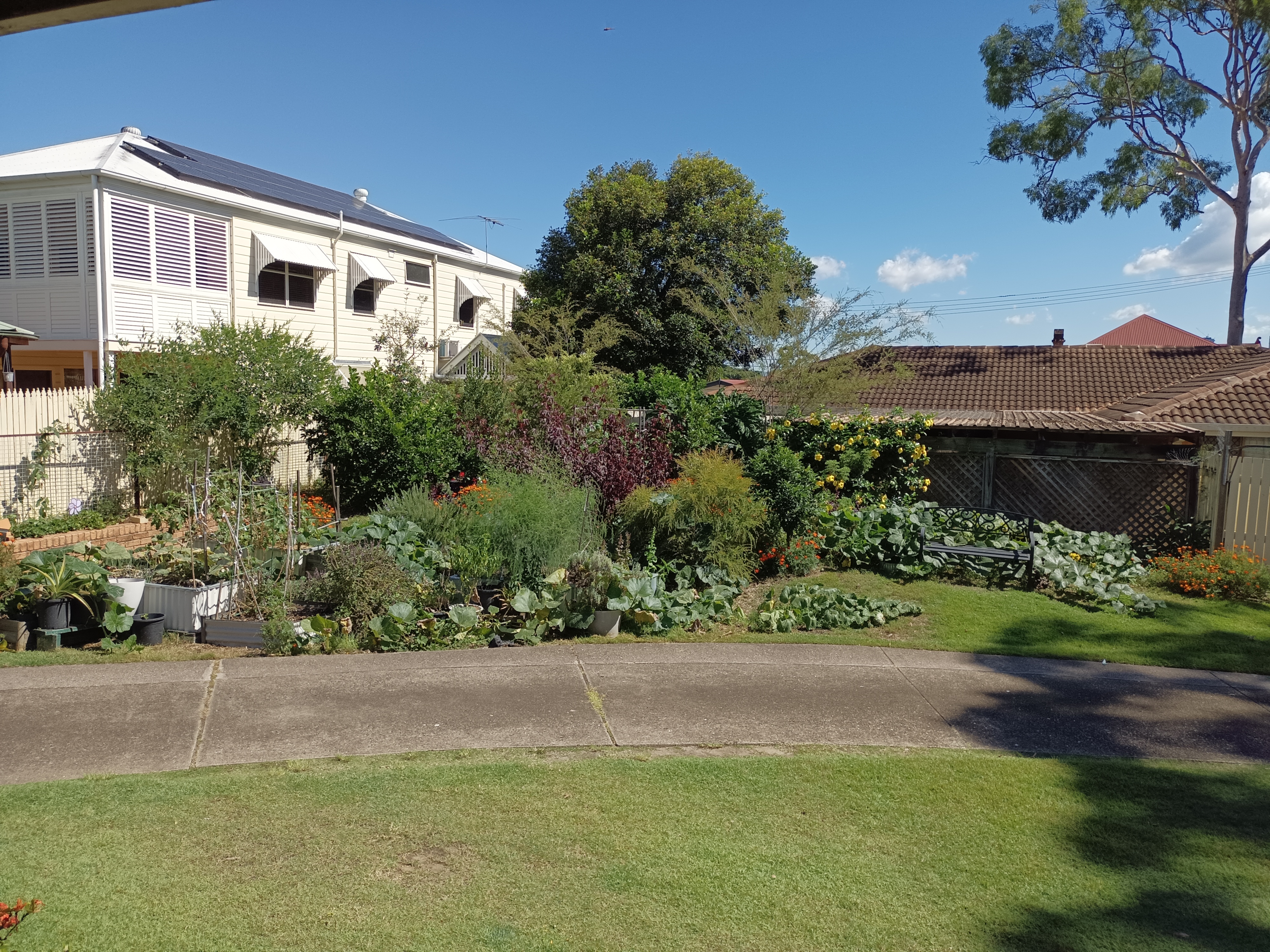

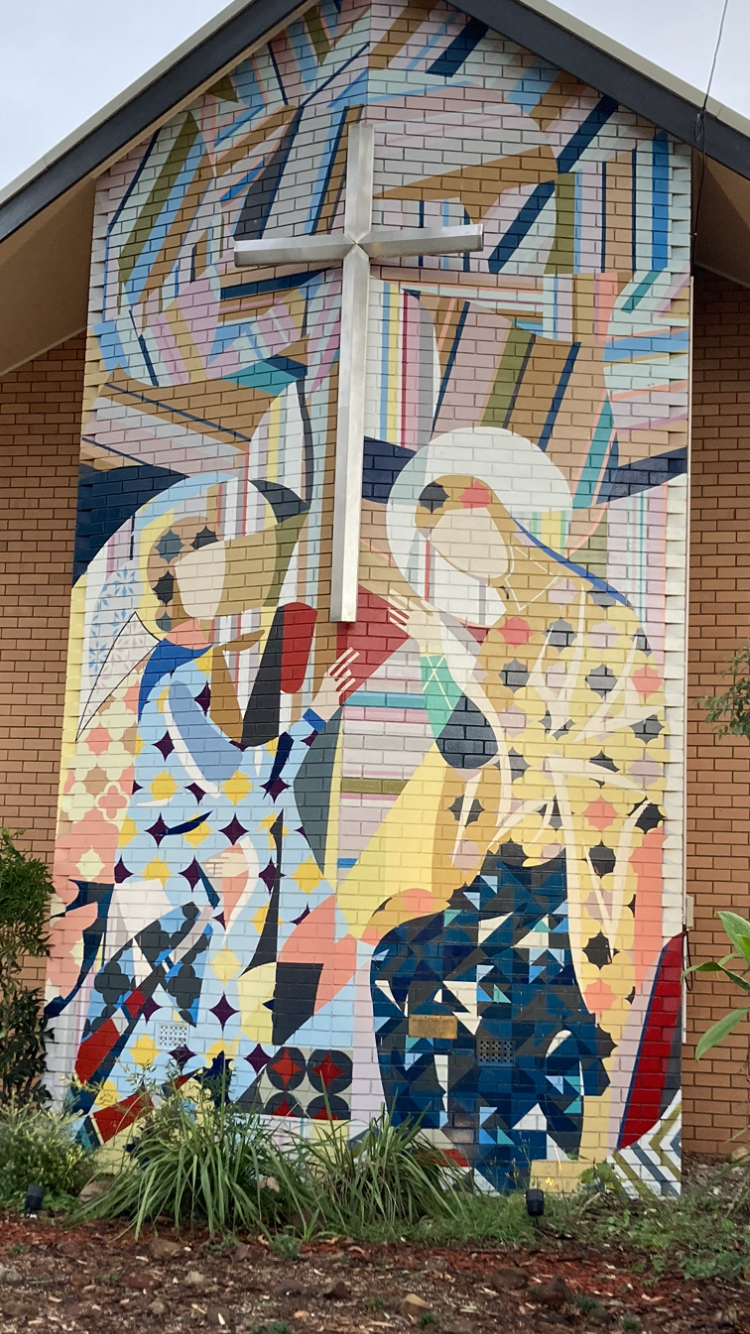
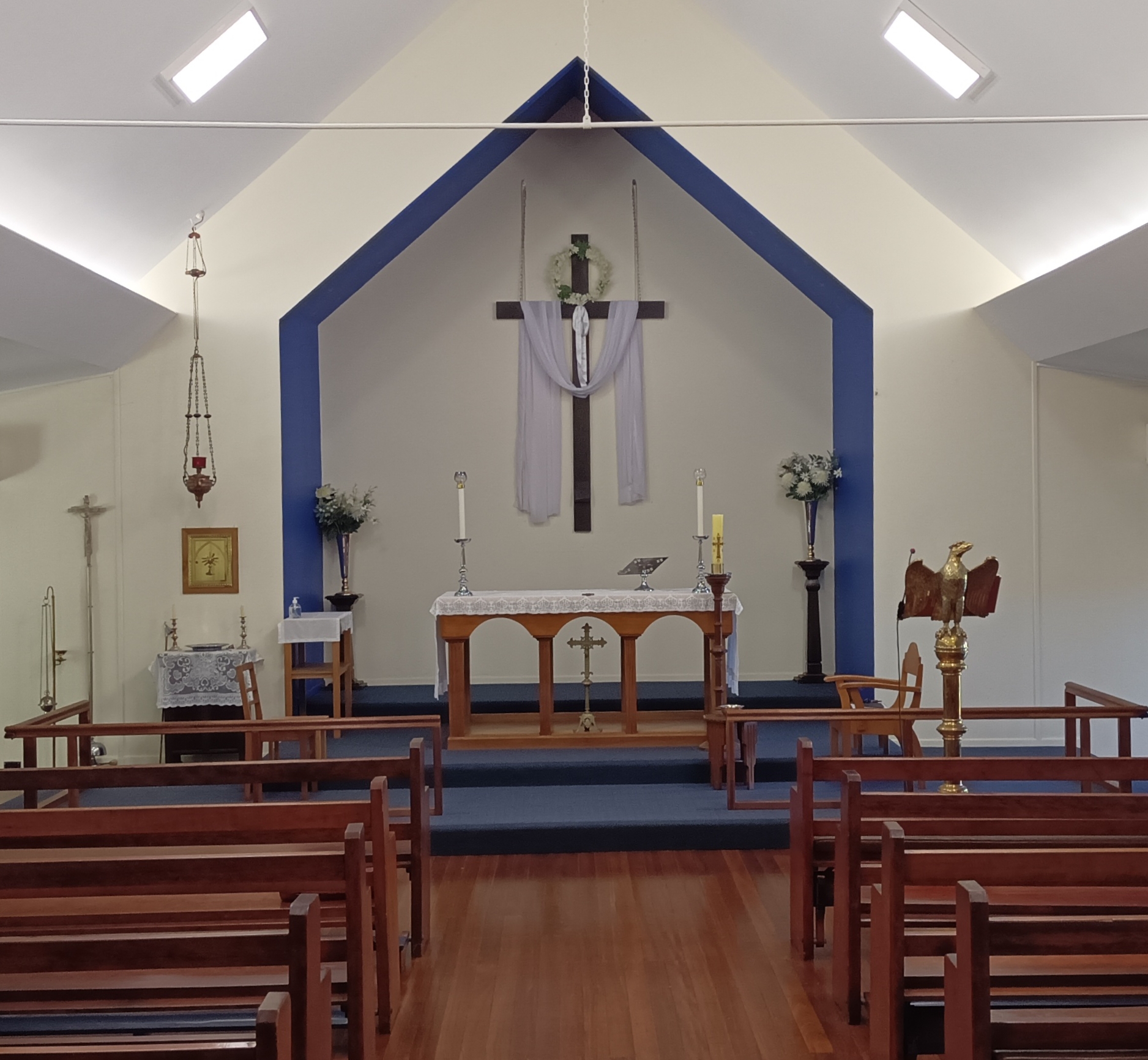
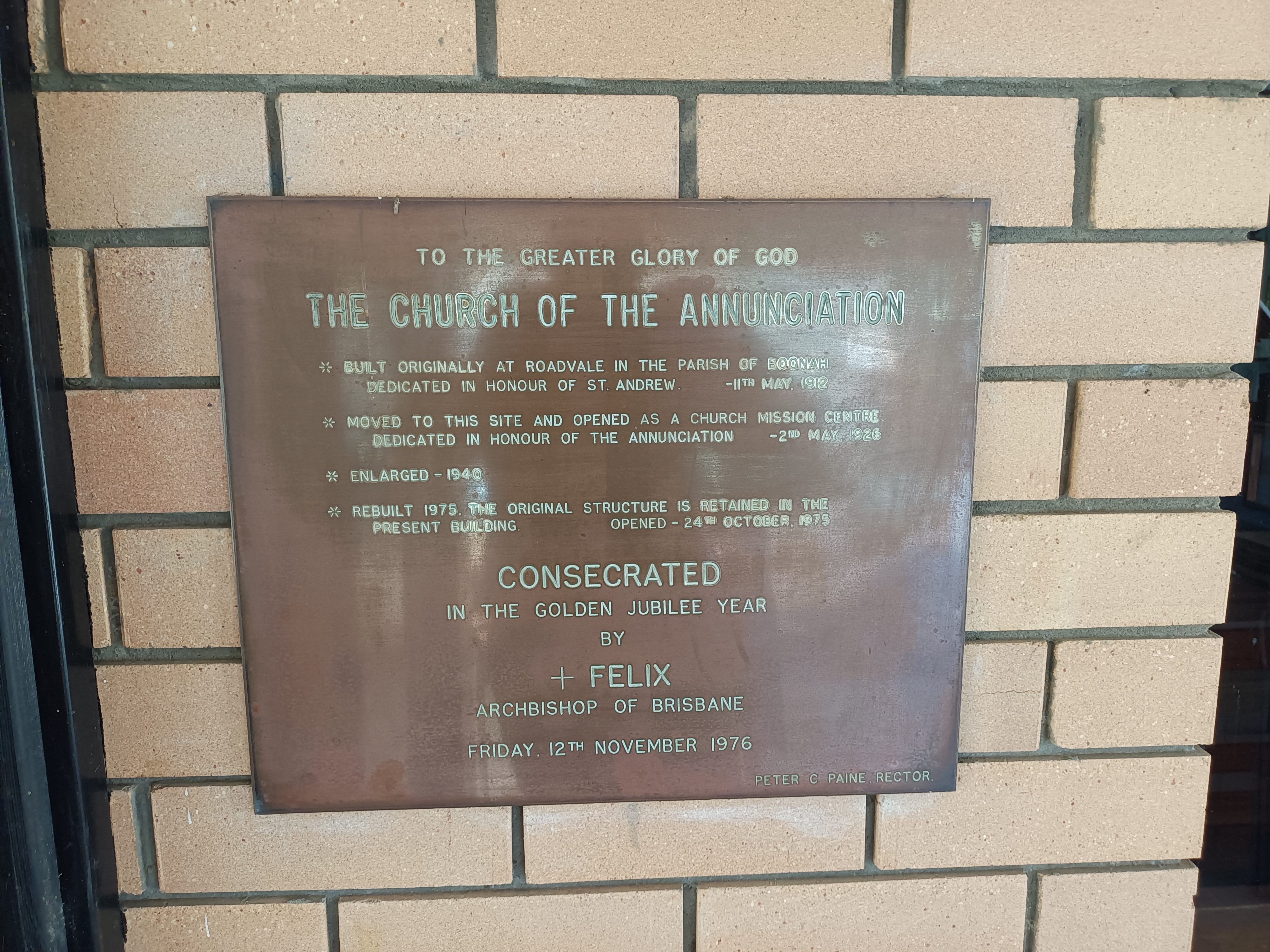
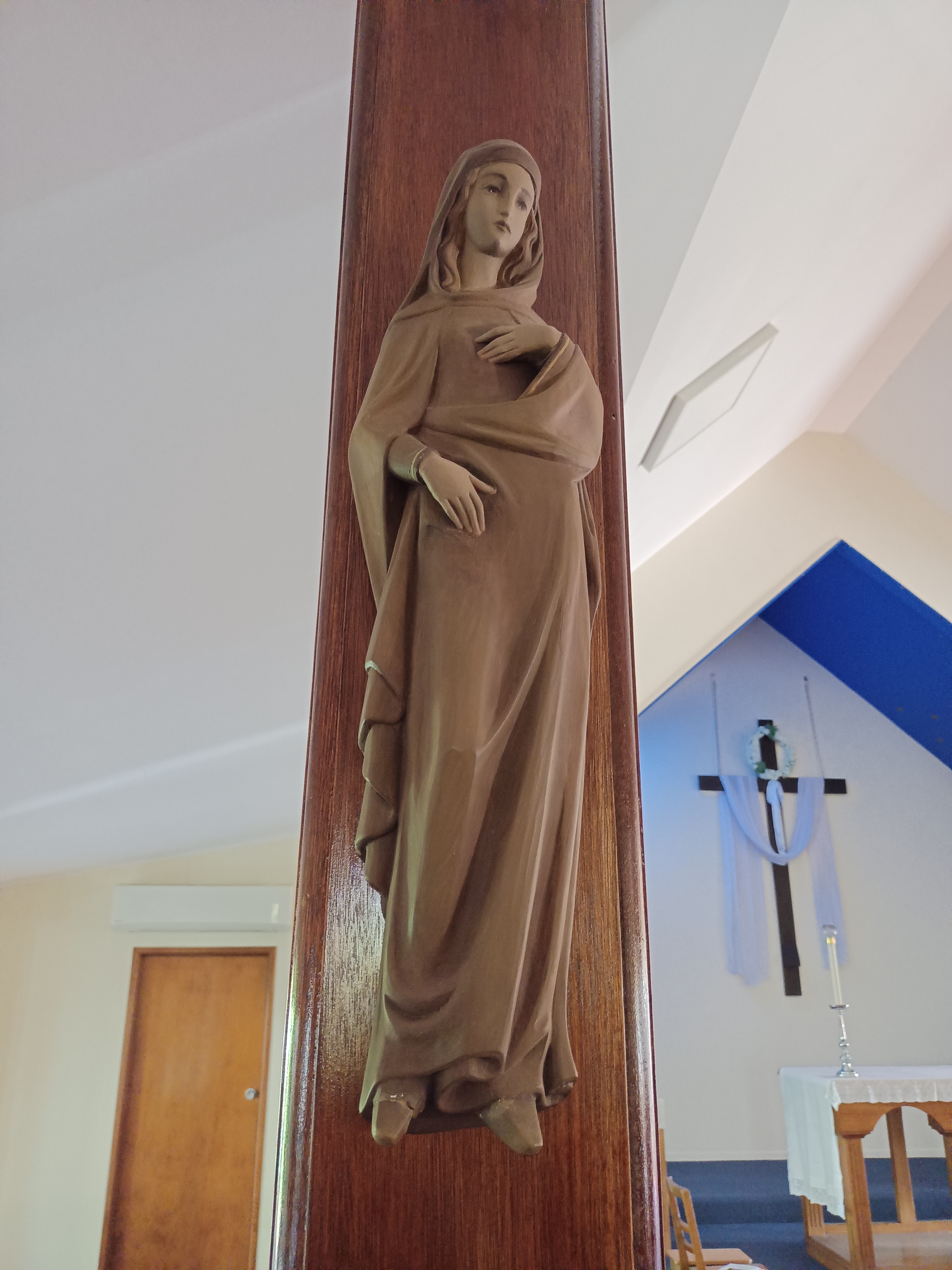
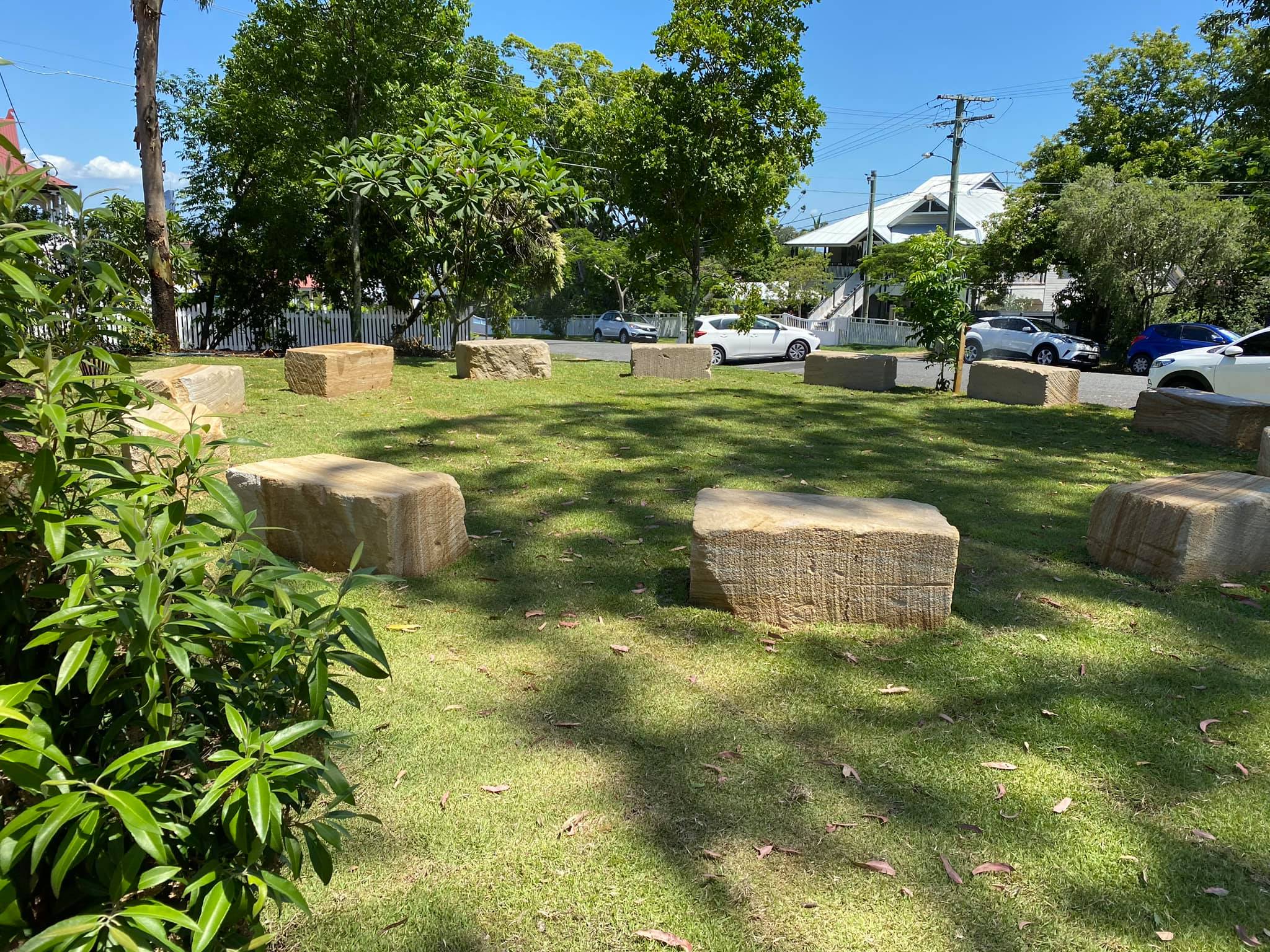

Read
Pastoral Ministries
Baptism
In baptism we go into the deep waters of transformation. We put on Christ, leaving behind the cultures of pride and greed into which we were born. Baptism is the rite of entrance to the Church - for children and adults alike. Many parents seek baptism in order to commit themselves, before God, to raising their child with love and care.
Celebrating friendships
For centuries the church has celebrated the entwinement of lives in friendship. Friendship is at the heart of the marriage bond, which is for "the mutual society, help, and comfort, that the one ought to have of the other, both in prosperity and adversity" (Book of Common Prayer (1662)). Since the seventeenth century, Anglican writers have honoured same-sex friendships, too, as equal in kind to marriage (see Jeremy Taylor's Discourse on Friendship (1657)).
Honouring lives
We come to church to mourn the death of those we love, remembering that Christ has gone before us: "I am the resurrection and the life, says the Lord: they who believe in me, though they die, yet shall they live." In grief, many people take comfort from rituals which have endured for centuries: we go as our ancestors before us.
Listening
Fr Quinn is available for home or hospital visits, confidential conversations, the rite of Confession, and to anoint the sick and the dying.

